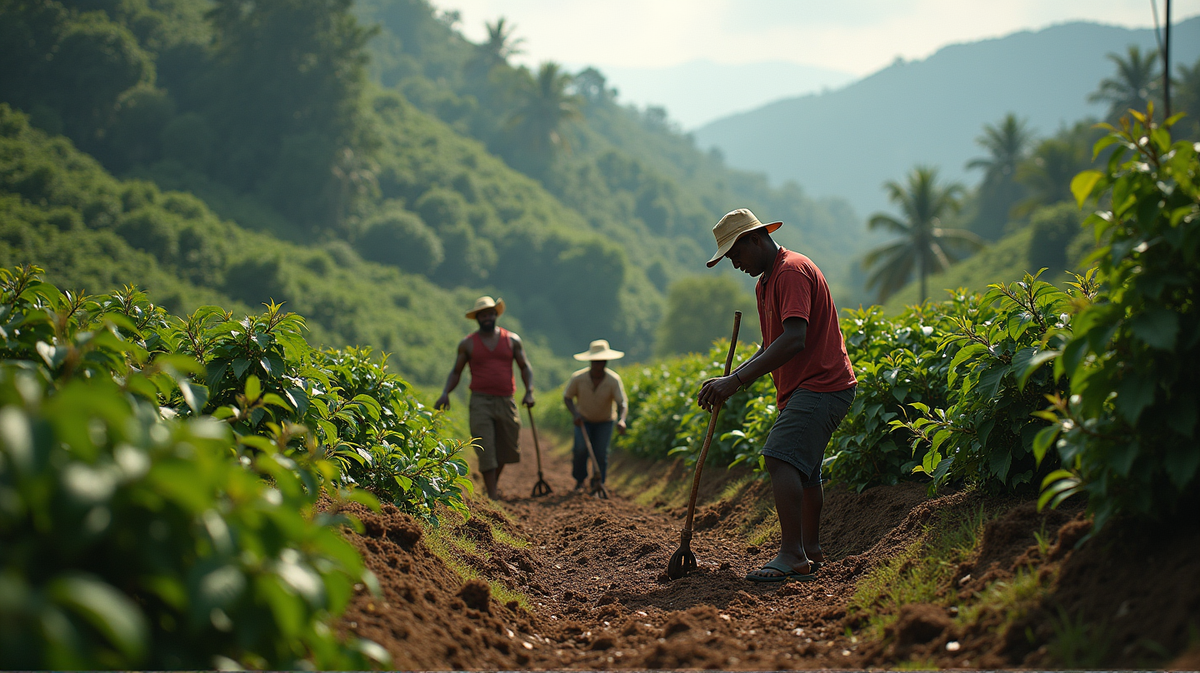Slavery-like Conditions: The Dark Side of Brazil's Coffee Industry Fuelling Global Chains
Brazilian workers file US lawsuit against Starbucks, alleging ‘slavery-like conditions’ on coffee farms. A shocking expose of the industry.

The heart of Brazil’s coffee industry, Minas Gerais, echoes with tales of exploitation as Brazilian workers reveal alleged ‘slavery-like conditions’ as the sordid behind-the-scenes of their daily toil.
A Journey into Hardship
“John”, not yet 16, ventured on a journey – one that led from the deceptive promises of a new opportunity to the stifling sun of a Brazilian coffee farm, supplying major global brands like Starbucks. His experience exemplifies the harsh realities many face, according to an official report detailing “child labor in hazardous conditions” and “trafficking and slavery-like conditions”. According to The Guardian.
Legal Battles and International Backlash
In Rio de Janeiro, a significant legal battle is brewing. Eight workers, under the anonymity of John Doe 1-8, have taken their grievances to a US court, supported by International Rights Advocates. This initiative coincides with a pivotal complaint by Coffee Watch to US Customs authorities, aiming to halt coffee imports harvested with forced labor. As stated in the complaint, these instances are merely “the tip of the iceberg” in a problematic industry.
Historical Roots of Exploitation
Brazil’s history of coffee production is intrinsically linked to forced labor. From the 19th-century labor of enslaved Africans to today, Afro-Brazilians remain disproportionately affected, with 66% of those rescued hailing from this community. Jorge Ferreira dos Santos Filho, of workers’ organization Adere, underscores this persistent cycle of exploitation, sharing personal experiences of forced labor.
The Fight for Accountability
Starbucks and other major chains face the charge of moral compulsion, while Etelle Higonnet of Coffee Watch hopes to see a transformative shift from mere fines and list placements to true accountability. Meanwhile, Santos Filho calls for consumer awareness, urging coffee lovers to question their favorite brew’s origins.
A Systemic Issue
Despite Brazil’s penalties against forced labor, conviction rates remain low, as highlighted by Santos Filho, warning consumers of inadvertently financing slave labor through uninformed purchasing choices.
In raising awareness, this story seeks to shine a light on the shadows of the world’s beloved beverage, urging a demand for all-encompassing reform – from the fields of Minas Gerais to your local café.





